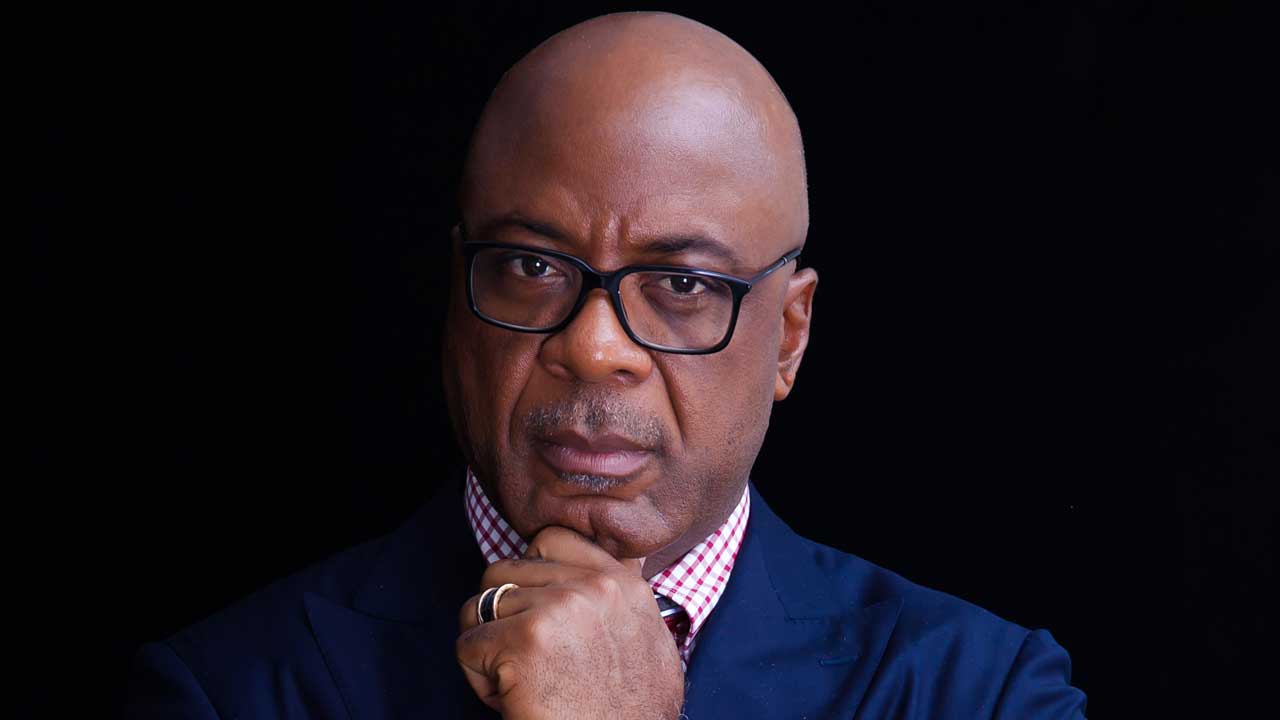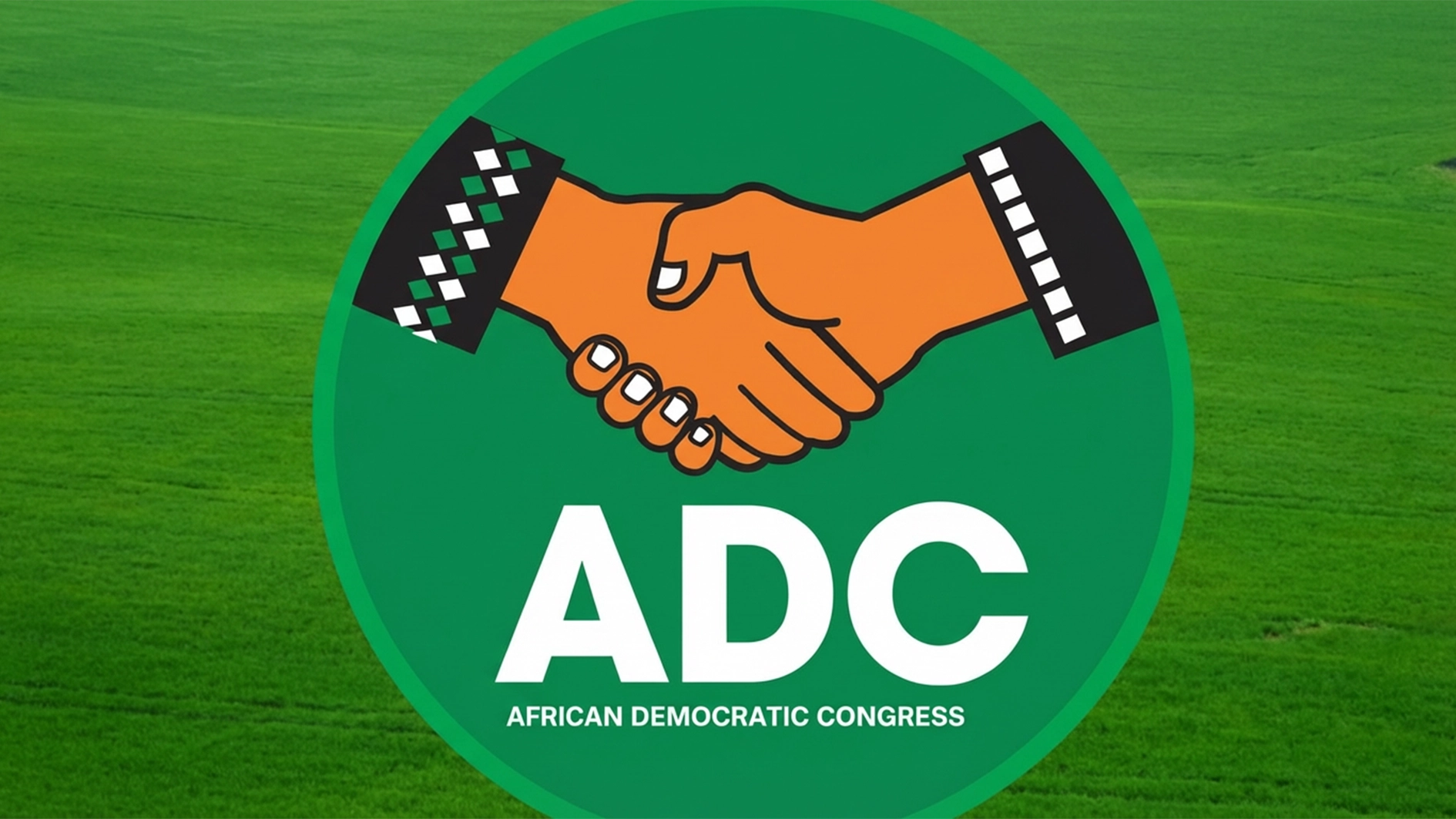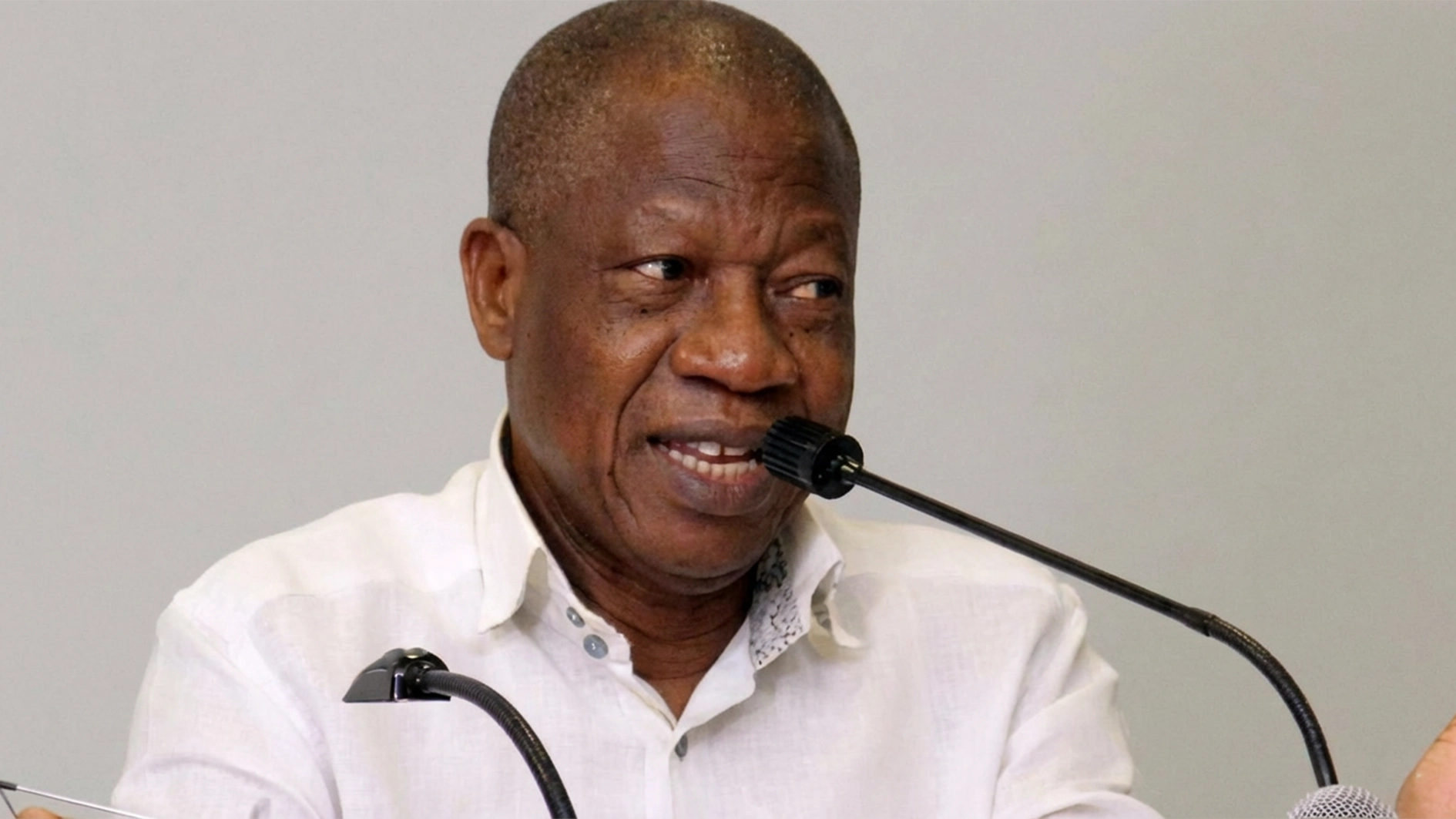
• Says Electronic Voting Will Restore Public Confidence
Chris-Baywood Ibe, an international businessman and chieftain of All Progressives Congress (APC), in this interview with LEO SOBECHI says that present socio-economic realities will make Nigerians take leadership recruitment very serious in 2023. He also argues that the old brigade has failed and fresh hands are needed to pilot the country out of the woods.
A recent online survey surprisingly picked you from among emergent leaders for 2023 presidency. Not being a career politician, how do you feel about that?
Well, I am equally as surprised as you are because I did not know such was going on. So, when they were done with the polling and they got to me, I told them I did not understand what they were saying, but when I saw the polling results, I said well, a gold fish has got no place to hide.
Like Americans will tell you, you can run, but you cannot hide. It clearly demonstrates that people are watching; Nigerians are watching. Another indication is that I do not think they want the old names anymore, because former this, former that, have all held positions at various times, but the impact on Nigerians are better imagined than desired.
So, in my thinking I want to assume that the Southeast would have conducted this poll, they are looking for fresh hands and persons with authentic records and this is where I fall in. I am a fresh hand, I come with authentic records and again, I am not a rookie. I must not be a partisan politician to know what politics is all about.
The bottom line is that people have begun to observe the two central questions in politics, namely, whether action should follow consensus or consensus will follow action. What have you done in the past to spur public confidence in your abilities?
Prior now, I know I have been speaking for the youths. I am almost serving as a youth envoy through the Baywood Foundation, which has been advocating for youth participation in governance and policy making in Nigeria; making a case almost all over Africa, leading to the partnership with African Union to champion the internship and retention initiative for youths; and also, asking for affirmative action for youths, because like you said, consensus without action does not work. So, we worked for affirmation among Nigerian youths and by extension African youths, because we know that you may have all the intentions and affirmation, but if you do not have the action, you will not get anywhere.
Having said that, I have been around and have demonstrated that I am selfless. Over the years, I have been doing a lot of things for mankind and for humanity without necessarily looking for a reward or political patronage.
Following my antecedents, you will ask why am I championing youths’ involvement in politics. If you look at the demographics, African youths stand at about 60 per cent of the population of Africa, 1.3 billion. So, if you cascade it down, 60 percent of that is overwhelming majority and these guys do not feel engaged, they feel abandoned, they feel very neglected and I see it as an explosion waiting to happen.
We were able to prove that in the African Union and that led us to publishing the book, “Beyond Rhetorics,” because I see Africans as people with great ideas, they talk more, but the implementation is a problem. That was why we chose the apt name, ‘Beyond Rhetoric,’ published on governance and policy. It was a well-researched work, not just a wishful thing across Nigeria. It shows clearly that if government does not make deliberate policy to get our youths involved, we end up with exactly what happened in EndSars. It was like I saw it; I foretold it. The book was published in 2018 and by 2020, it erupted. It was like a prediction.
So, truth is, unless we do something about that, we are still in a grave situation. And I think the time is now, because these youths are jobless, the youths feel abandoned, they feel neglected and they control the majority. As such, when they go on rampage, nobody can stop them. The so-called bourgeois and elites, if you do not take care of the youths, they will take care of us and that is exactly what is happening today. This is where I stand.
You talked about day of reckoning for politicians. From your interactions with various youth organisations, as far as strategy is concerned, do you think they are getting it right for political participation?
I think they are quite disenfranchised. This is one of the things I say everywhere I speak, even in Addis Ababa, Ethiopia, when we engaged with the African Union. YIAGA Group was there, and one of the things I stated there was, not-too-young-to-run law is good, but the only way to get it going is through legislation. And it is not just about legislation, you have to make sure the legislative act is concrete.
Youths are willing and ready, but when you do not have money, when you do not have a brand name, you do not have your own network, how do you work? They need to be given an opportunity, because internship cuts across all aspects of life.
Secondly, there is need to lower the entry barriers. For governorship for example, you are asking for N25million. For a youth, perhaps he is employed, how much money can he make at the end of the year. If his annual take home is N10million or N12million per annum, it means he is gainfully employed for him to go home with N12million a year. But how many youths within that age bracket earn N1million per month?
So, if you really want the youths to get involved, political parties should lower the entry barriers and make nomination forms affordable for them. Those aged between 25 and 30 years should get the forms freely, half the cost or at most, 30 per cent. If you allow them the affordability to access that initial entry, thereafter they can grow their network.
Some people toyed with the idea of twinning, joining men and women on tickets as it obtains in Tanzania, Rwanda and other South African countries to enhance women participation in politics. But there has not been concrete steps forward. Don’t you think the same obstacles against women participation would also deter young people?
You know the African mentality towards women, we resist women. It is a cultural thing. The resentment is not because they do not like women, but our culture is not allowing us to understand that they are human beings like us, irrespective of gender. To move the economy, to move the nation and compete favourably with the new world order, we need to carry our youths along, we need to make deliberate policies to carry our youths along because they are the future. And unless we do that, we will be doomed.
If we keep having these old senile men in Africa, recycling themselves all the time, Africa will remain stagnated. We need new blood, new thinking in tandem with the technology in line with the way the world politics is moving. So, just like you said, intertwining is what I preach. We may have a minister of sports who apparently is like 60 years old, assuming you want to go that way, we should have a young man as minister of state. And, who says the minister cannot be 30 years old?
But, if you look at it again, I think we need a complete re-orientation of our youths. The youths need real value orientation. You can see that there is moral decadence and value decline amongst the youths and the larger society. But, you cannot blame the youths because they are jobless and they get involved in everything. That is why values are eroding. When, you are busy, you will maintain your values. But when you are not, and are exposed to the perils of the world and life, a lot of things will be coming to your mind. And so, the values acquired over time will continue to erode.
Our political class, are they showing good examples, which is one of the things the youths are looking up to. Today, you suddenly find yourself in the State Assembly not to talk of the National Assembly. Prior, you were just nobody and suddenly, you start developing this and that, where is the money coming from?
Are you leaving a good legacy or engaging these youths only as the so-called thugs? I can tell you that Nigeria is a very great and simple place to rule, but you have to understand the society, the psyche of people and carry them along. It is teamwork, team effort and you have to carry everybody along. Where there is lack of communication, everybody can suggest anything and whatever they think of and whatever they imagine is all yours and every decision they take would be the fallout of lack of communication.
You talked about the demographic advantage of youths rubbing off on women. Do you envisage a synergy between the two to tackle this recycling of expired leaders?
The younger ones are together and working closely. They do not segregate among themselves and they do not have dichotomy. Look at the way things are going on socially, you see cross-dressers and transgenders. But amongst the youths, they do not see it to mean anything, which means the mentality is shifting from the colonials. I do not think they want to discriminate against the female gender. So, I see a narrowing down of barriers and better fusion with the younger ones than those of us that are 50 years and above.
How do you feel about this perception that All Progressives Congress (APC) is not well received in Southeast?
Frankly speaking, the party is not very well received in the Southeast because of prevailing situations – what it has always been from inception, reasons of communication, not carrying people along, not showing affection and the like. I do not want to blame it on any single individual, but I think it is a collective effort as a party. The party believes that we do not have so much votes to give, they believe that our numerical strength is nothing much to make impact to win. But, that is a wrong calculation and the Igbo are unfortunately not getting it right again.
So, this robs off on us negatively. I do not see why we should not play the mainstream politics. As far as I am concerned, we have two major parties in Nigeria, APC and PDP. No matter how you look at it, that is the truth. So, the Igbo should not be playing sectional politics. They should play in the mainstream. When they play mainstream politics, there is no way what is due to you will not be given to you. But, when you completely remain aloof, all of us will be sidelined. That is the situation we find ourselves and the earlier we addressed the situation, the better.
Then, to correct the perception, I believe that in 2023, any bearer of APC Presidential ticket will have a lot of work to do. He would do something akin to what was done in South Africa, Truth and Reconciliation. You must bring the Igbo and pacify them, you must let them know that we are one; you must let them know that they are not relegated. They should be assured that whatever happened in the past is in the past. It should not be mere political talk; you have to show it genuinely.
Towards the next general elections, some northern politicians that agitated for return of power to the North in 2015 are now saying there is no basis for zoning in democracy. How do you react to this?
Anybody saying let us go on merit is not fair. What is fairness, what is justice, what is equity? Is it because we have a Northerner as President that may influence or may decide and create a situation that will favour the North? I do not think it is fair. Rotation, even though is not in the constitution, like Edwin Clark said, is for equity. And if you want to move this country forward, equity must prevail, it’s live and let live. So, I do not think those speaking against rotation are fair to Nigerians. Fairness demands that Southeast should taste power, because we have not been in power post-civil war.
Some observers say elections in Southeast do not reflect the yearnings or will of the people, thus frustrating them from participating in the electoral process. Based on that perceived apathy, do you think a credible electoral process could motivate Igbo to participate in elections?
You cannot divorce Igbo from everything happening in Nigeria. Why would there be voter apathy in the Southeast because they do not believe in their electoral process? Are we the only people, we have Yoruba, we have Hausa, we have the minority tribes that all participate, are we all knowing? No, it is a wrong approach, we are not all-knowing.
Again, it is brainwashing. Some of our political leaders have not done well in time past. They come home to brainwash our people. I remember very well when I was trying to bring APC to Enugu State. I am one of the persons that made APC what it is in Enugu today, incontrovertibly, because we found that Enugu has been under one political party for 20 years. No competition, no challenge, no bench-marking of achievements and works done.
It is only when Mr. A or Mr. B from another party does something that we can say they are doing well. That is why we will really work for entrenchment of APC in Enugu State. But, you know what, all you hear is, oh APC is an Hausa party! No, it is not Hausa party. But because our political leaders had come home to tell people that if you vote for these people, you are voting Islamisation; if you vote for these people, you are voting for this and that. They brainwashed us wrongly and that is terrible.
I can tell you today that some of the challenges we are confronting today were perpetuated by our brothers in PDP who did not want APC to survive in the Southeast. And the consequences are exactly what we are seeing. It is not important who is leading the party; it is a Nigeria party regardless, it is a mainstream party. After all, we have the All Progressives Grand Alliance (APGA) and other parties, but they are not mainstream and not nationalist in outlook.
So this is me; I am very objective. This is one challenge we have. Our people developing cold feet, they do not want to vote; then when they get disenfranchised, nobody should complain. I suggest that the sooner the Igbo turnaround and start playing politics the way others do, the better for us.
What basic things would you like INEC to do in order to deliver credible election?
They should see through electronic voting. Electronic voting is the only way to go to restore confidence in the electorate to go out and vote. INEC must also present a level playing field.






